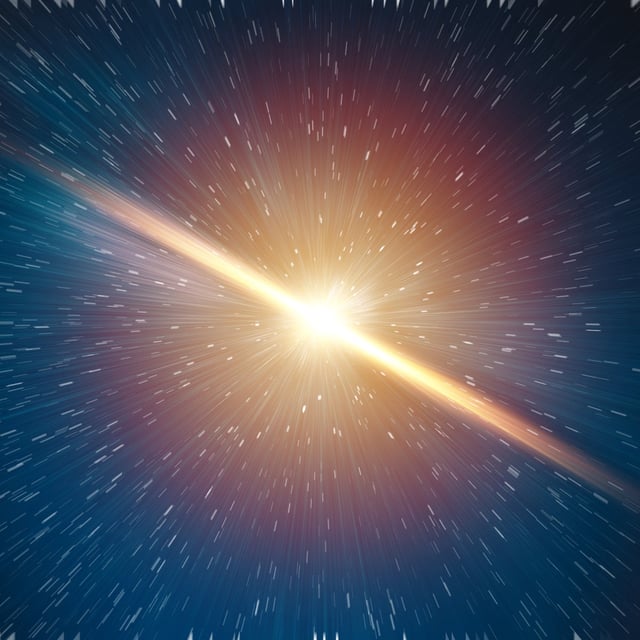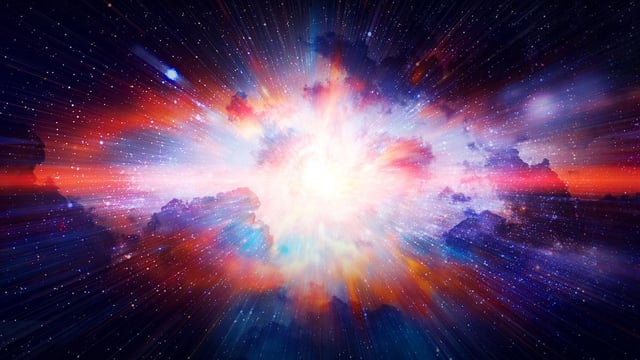Overview
- A paper in Physical Review D introduces a 'black hole universe' scenario in which the cosmos arises from a rebound following gravitational collapse instead of a traditional Big Bang singularity.
- The model’s exact analytical solution uses quantum exclusion principles to halt collapse before a singularity and drive a bounce that initiates expansion.
- It naturally reproduces periods akin to cosmic inflation and the current accelerated expansion without invoking hypothetical fields or exotic matter.
- The theory predicts a slight positive spatial curvature that missions such as Euclid could measure as a telltale remnant of the cosmic rebound.
- By tracing the collapse and rebound phases, the proposal offers new avenues for understanding the origins of dark matter and supermassive black holes.

